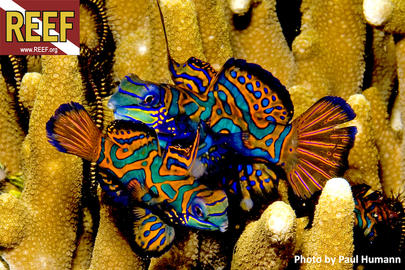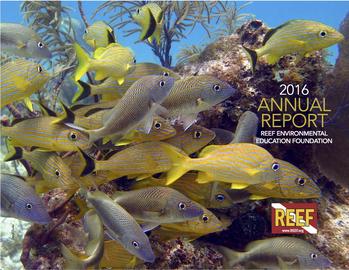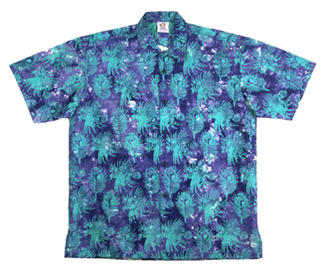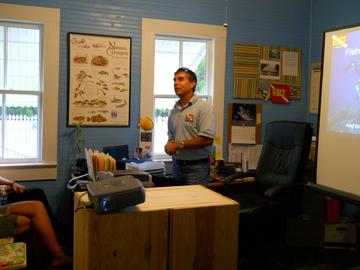This past Tuesday, REEF launched our Winter Fundraising campaign. Thank you to all who have already donated. If you haven' yet given, we are asking for your help today! By giving a gift, you are ensuring that REEF can continue to inspire people around the world to cherish and protect our marine resources.
You can give securely online at www.REEF.org/donate, mail your donation to REEF at PO Box 370246, Key Largo, FL 33037, or call us at 305-852-0030.






